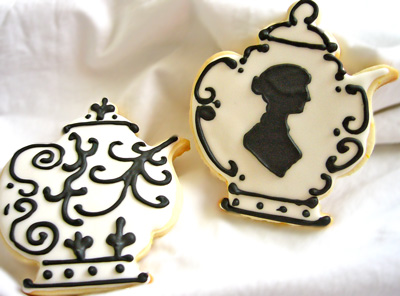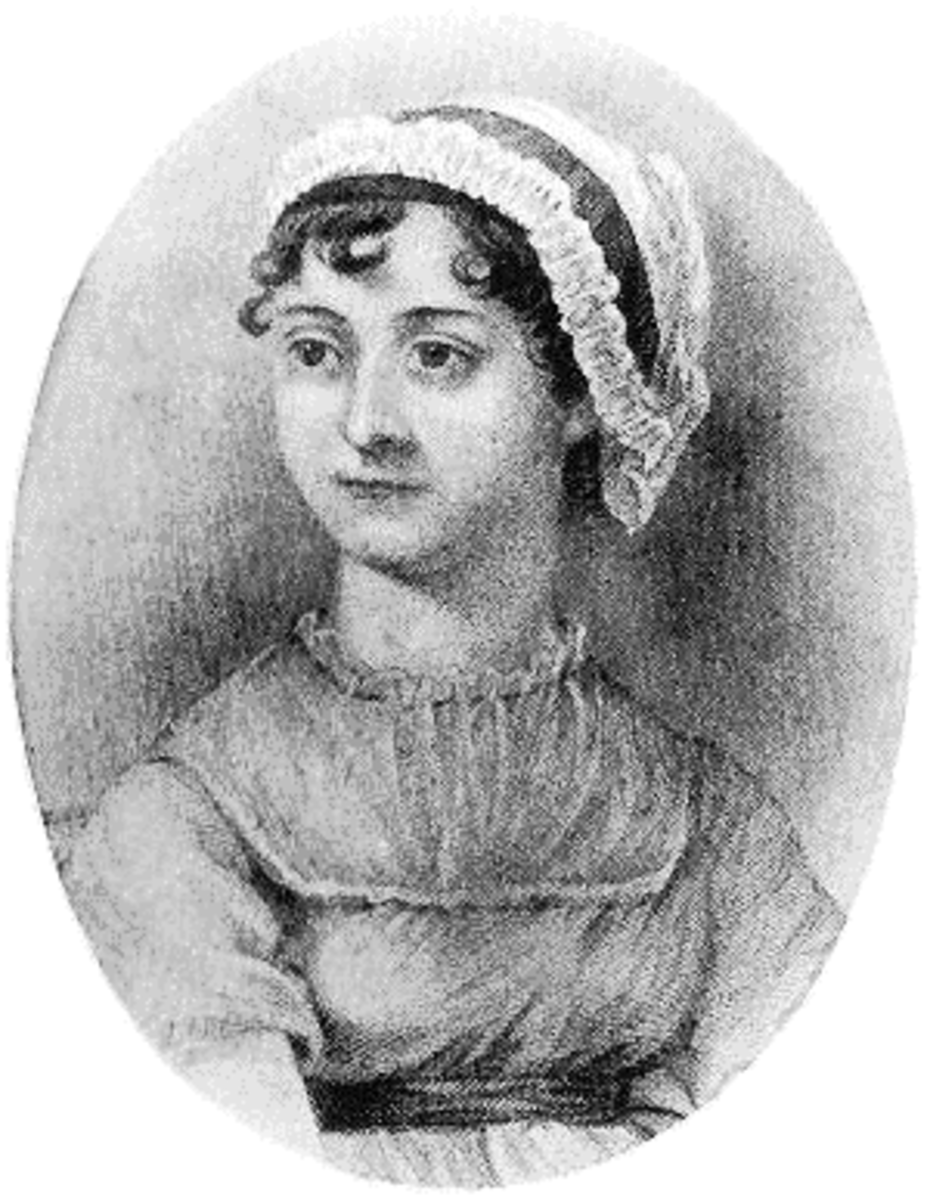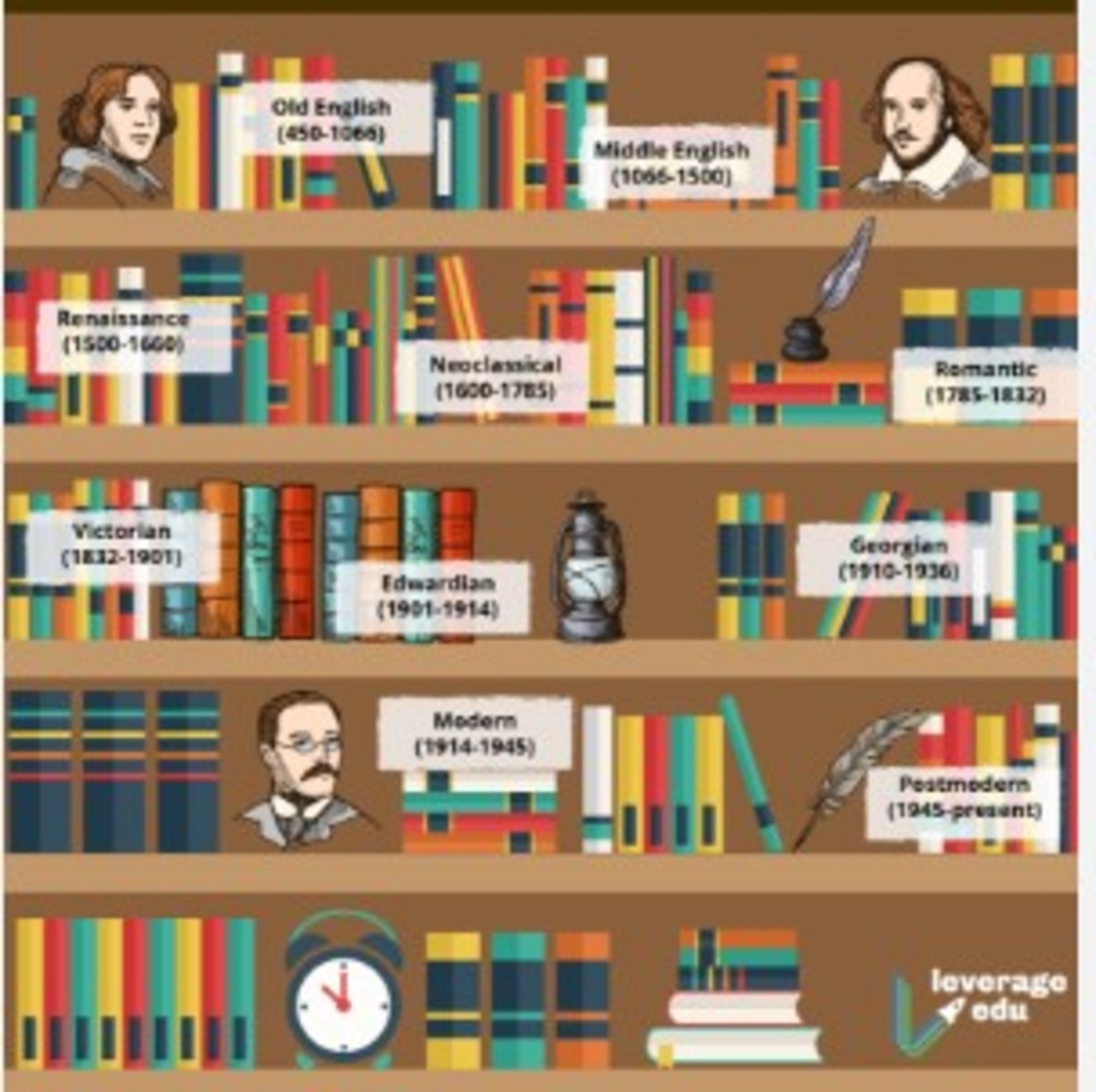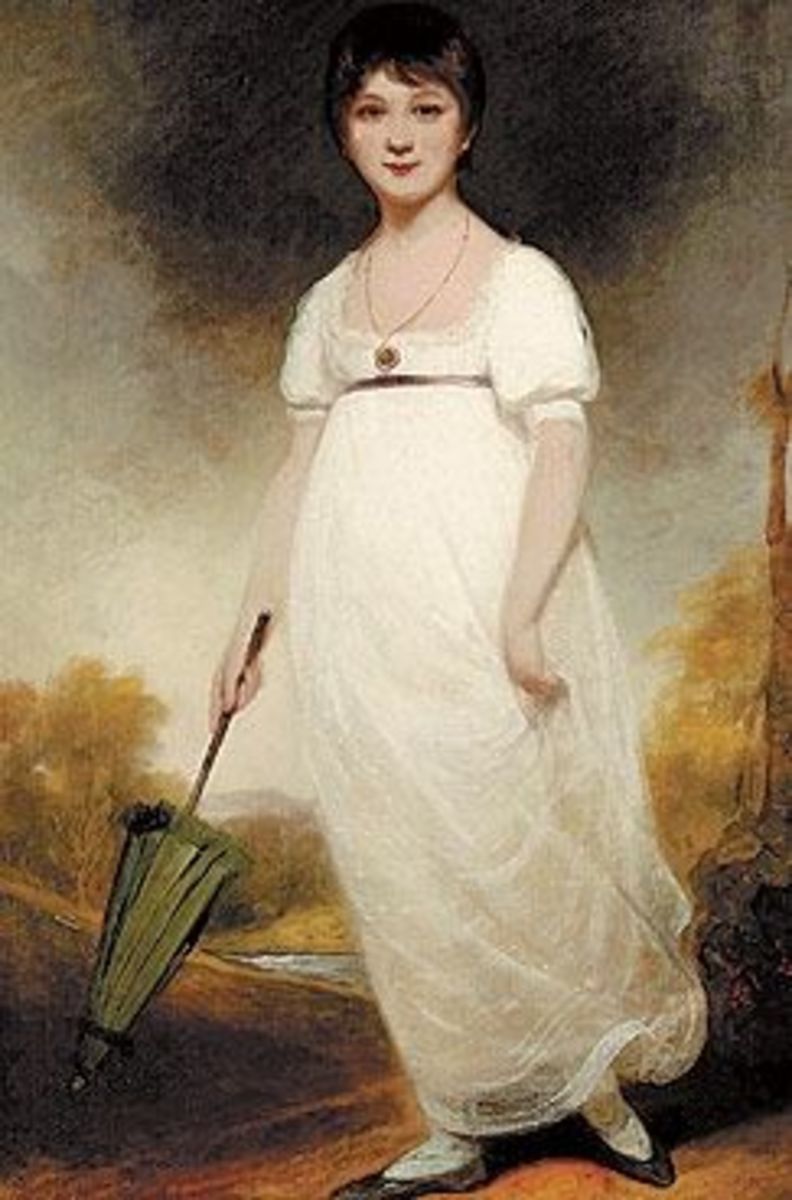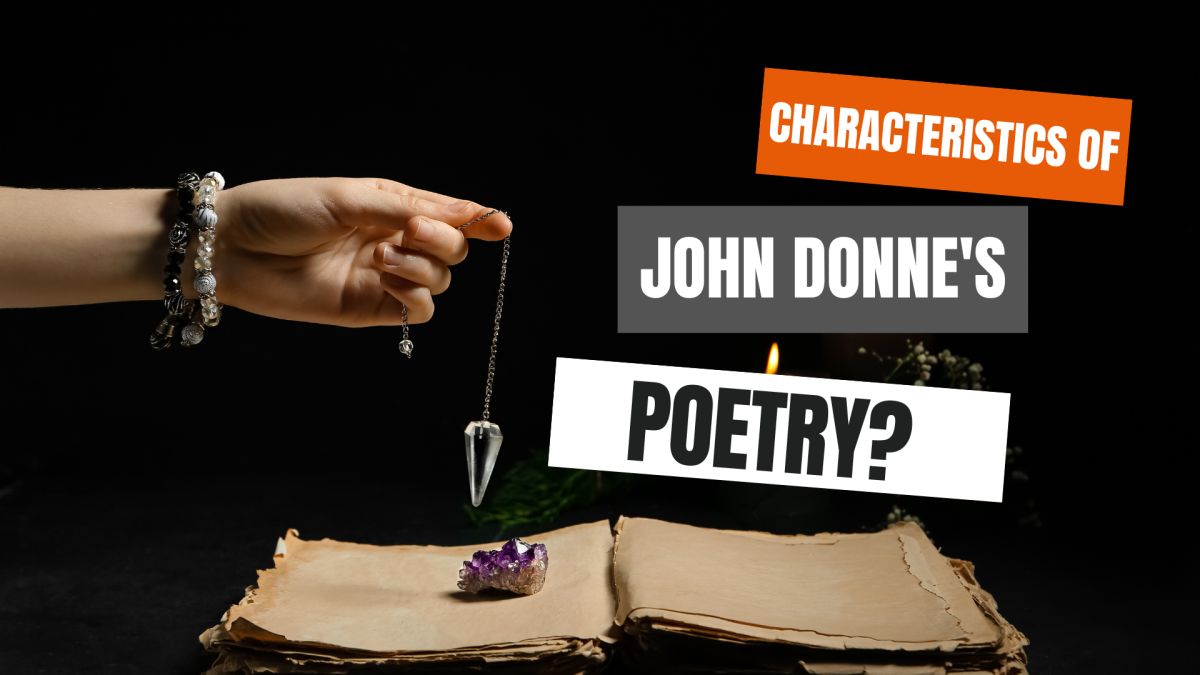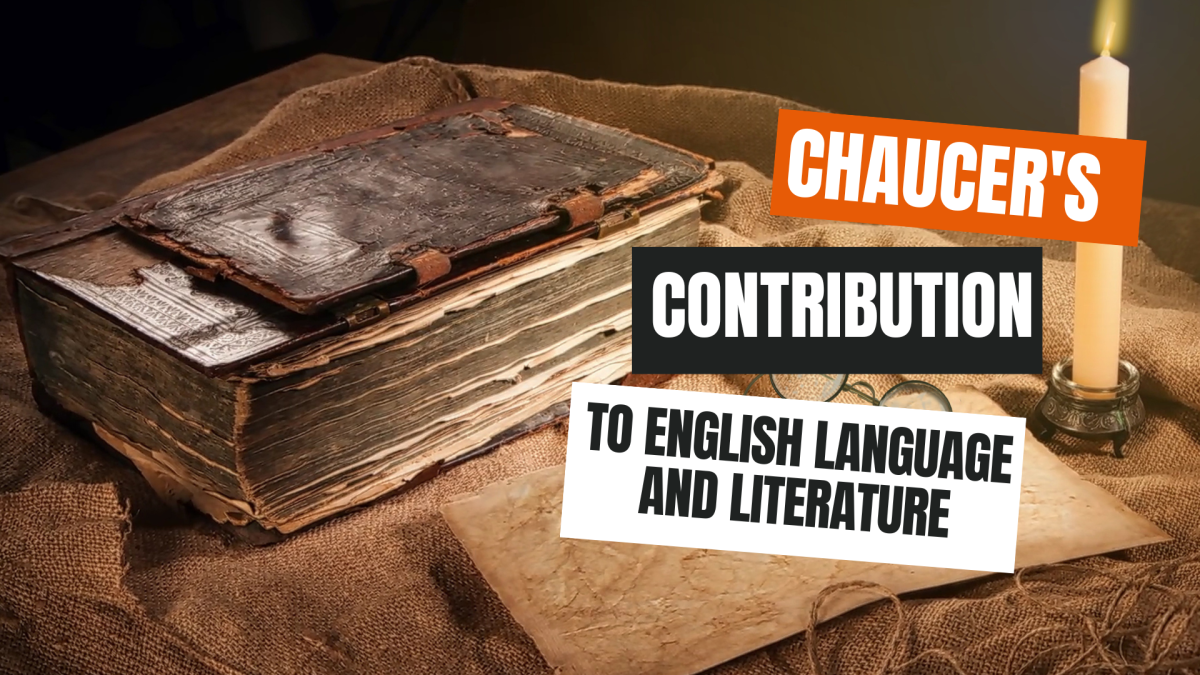- HubPages»
- Books, Literature, and Writing»
- Literature»
- English Literature
Understanding The Historical Setting Of Jane Austen's Novels
While reading Jane Austen’s novels is fun, the culture of early 19th century England is significantly different from our own. To really appreciate Austen, a reader needs an understanding of the social world more than knowledge of historical events. For instance, understanding how the British inheritance system worked at this time helps a reader more than knowing who is King and Queen. Once you understand some of the unfamiliar customs, Austen’s universal themes shine through.
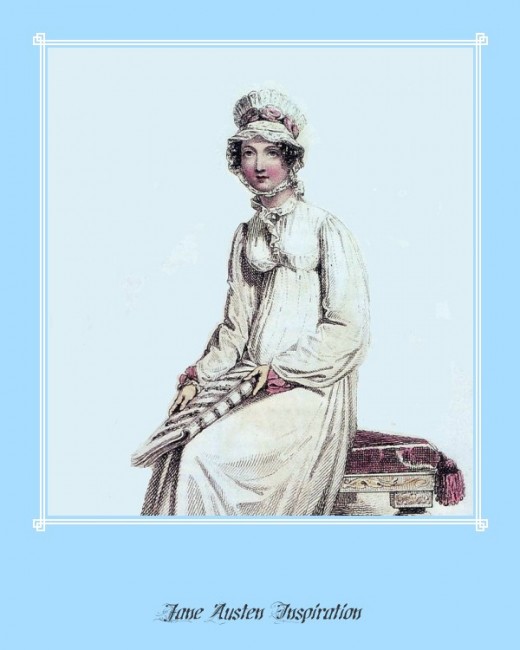
The Economy of Austenworld
Jane Austen wrote in the early 1800s. Industrialization hadn’t taken hold yet: the economy was still that of the landed gentry. Land was owned by the upper class, who leased out farms to working families, who then raised crops and livestock and paid the landowner rent. Family estates could not be broken up: no matter how many children a gentleman had, all the land, along with its income in rents, went to the oldest son. Younger sons had to make their own living in a profession. Only three professions were acceptable for gentleman’s sons: clergyman, lawyer, or military officer. The church, the law, or the army. A “tradesman,” someone who made a living in business of some sort, was a steep step down in social class. For the most part, gentleman’s families (those whose income came from land or from the three genteel professions) did not mix socially with those in "trade."

A Son’s Life
You can imagine how this state of affairs affected sibling relationships. The oldest son was guaranteed to become wealthy, powerful and respected. Women vied for his attention. His parents could not disinherit him based on their own inclination or on his behavior. Eldest sons knew this quite well, and were often a law unto themselves, drinking, gambling, running up bills and ruining horses. The younger sons would never be their brother’s equal in society, nor did they have the power to get in as much trouble. (Unless the older brother tragically falls from his spirited horse, drinks himself to death, or dies of a severe cold brought on by too much running about the fashionable parts of London in the rain. But younger brothers and the women interested in them can’t quite look hopeful at this enriching prospect.) English novels of the time overflow with poor, worthy younger brothers much put upon by rich, profligate older brothers. The resulting ill will can be imagined.

A Daughter’s Life
Girls had even more limited options. They could not inherit land, the source of almost all wealth of their society. If no son survived, the next closest male relation, probably a cousin, inherited the family estate, and would unfortunately turn both the widow and the daughters out of the house that had been their home. Widows did not inherit houses from their husbands. They had to be cared for by sons, or simply live a much reduced lifestyle. Girls could have a “fortune,” money inherited from parents. A girl did not have to wait for her parent’s death: the fortune would go with her when she married, which was usually in her early twenties.
Women could not enter the genteel professions. Becoming a governess was the only work open to a gentleman’s daughter, and taking up this occupation was considered a sad step down. Girls avoided it if they could: continuing to live with parents was considered a better situation.
The Goal Is Marriage in Austen’s Novels
If a daughter did not marry, she must remain with her parents or other family members, as a dependent. As one can imagine, marriage was an object for girls: it gave them status as adults, and their only chance at a household of their own. Marriage was certainly desirable, though the social system made it double edged in more ways than one. A husband was necessary to a woman’s independence; at the same time he curtailed it. Marriage also offered the possibility of love, although the economics of the time could entangle practical needs with more idealistic hopes.
Novels of our time explore issues of personal identity, the search for one’s place in the world, and the tension between maintaining relationships with others and remaining true to oneself. While all of Jane Austen’s novels are courtship stories leading to first marriages, and are all told from the point of view of sheltered, genteel young women, they also explore these themes. Cultures can be very different while human motivations remain constant.
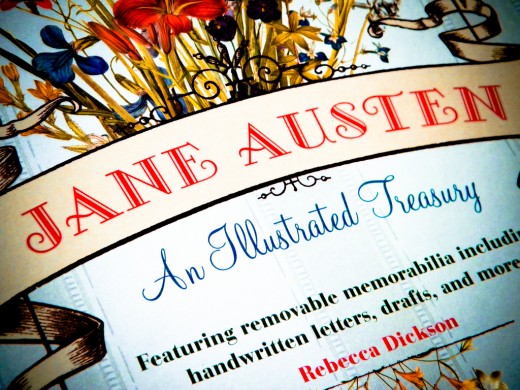
Universal Popularity
Every person faces limitations. I think one reason Jane Austen’s stories are so popular in our own time is because the limitations of these girls’ lives are so clearly defined. Our much more complex society offers many problems to solve: here there is just one. How will a girl find her way into a good marriage? How will she overcome the obstacles of a small fortune, less than stellar family connections, or personal shyness? Though the quest is simply defined, she will need all her resources of character and ingenuity, as well as some luck. All of us, no matter how complex our troubles, can relate.
